The C201 Circuit Technology Laboratory is - like the associated C201 Measurement Technology/C202 - the nucleus of all hardware laboratories of the Faculty of Electrical Engineering and Computer Science. This is where the introductory project started, in which 120 first-year students of electrical engineering, information technology and electromobility build a small robot and program it in C close to the hardware. Furthermore, many show experiments for the children's UNI, MINT, Lernfest, a steering wheel with tactile feedback as well as a magnetic receiver from the tinnitus project for basic training in electromagnetic compatibility (EMC) etc. were developed here.
Goals and idea
Without electricity almost nothing works. It is only when there is a power failure that you become aware of this. Even humans (and many animals) would die within seconds if their electrical communication network (nervous system) failed or was severely disturbed by electromagnetic fields.
Circuit technology is thus a completely universal basis of natural and technical life: for the power supply networks, the communication networks, for the countless - indeed, billions of times worldwide - electrical and electronic applications. If we consider what we only have around us in the household from getting up to going to bed with electrical companions, this becomes clear: Light switches, electric toothbrush/hair dryer/razor/scale, kettle/stove/toaster, refrigerator/freezer, dishwasher, radio/hifi/PC/scanner/printer/mobile phone/smartphone/TV, electromobility: railways, eBikes (estimated: 300 million produced in China), e-cars and almost all combustion engines not possible without circuit technology.
Therefore, the aim of the Circuit Engineering Laboratory is to provide students with a first practical basis for electrical and electronic components, the principles of basic circuits, circuit designs, their calculation/design/also non-linear modelling, analysis by simulation and verification by intensive measurements, starting from very primitive fundamentals such as series/parallel connection, Ohm's and Kirchhoff's laws etc.
The simulation tools are free of charge and extremely powerful, so that entire multiphysics systems can now be simulated at home on the PC before the experiment. After the circuit design phase (consideration/design/simulation) in the preparation at home, the experiments deal with the circuit setups, verification measurements, improvement iterations per simulation/measurement on modified setups in a practical way.
Laboratory equipment and activities
The creation of measurement setups, the handling of hard-/software based measurement devices as well as the advanced handling of simulation software (LTSPICE) on the latest state of the art form the basis for circuit design on board level (printed circuit board). Extensions by power electronics, high-frequency/control/microprocessor technology and EMC/acoustics etc. multiply the applications besides universal multiphysics simulations.
At each of the 12 experimental stations there are several oscilloscopes, PC with simulation software and the possibility to compare simulation and measurement directly. A multitude of freely designable experimental setups (design idea) allow the practical training of about 120 students per semester. In the project and presentation area, the students present the results of their experiments to their fellow students using multimedia.
- Practical course in circuit technology for electrical and information technology, electromobility
- Practical course in measurement technology for mechatronics
- Projects
- Introductory project: Electrical and information technology, electromobility, mechatronics
- Show events in grammar schools, learning festival and children's university
The comprehensive - broadly interdisciplinary - research activities in the EMC and Acoustics Laboratory C008/009 on the "Tinnitus Project" concerning the brain/nervous system result from the fundamentals of circuit technology or Maxwell equations.
Laboratory management and team
Dipl.-Ing. Bernhard Maier
Phone: +49 841 9348-3470
Room: C201
E-Mail: Bernhard.Maier@thi.de


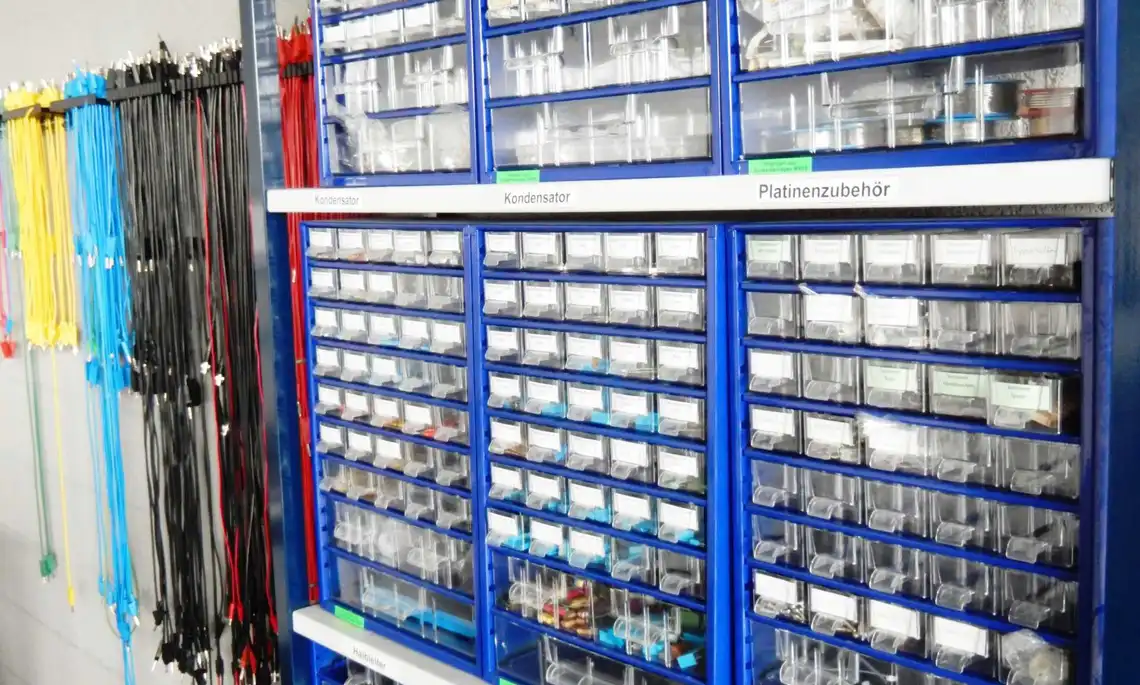
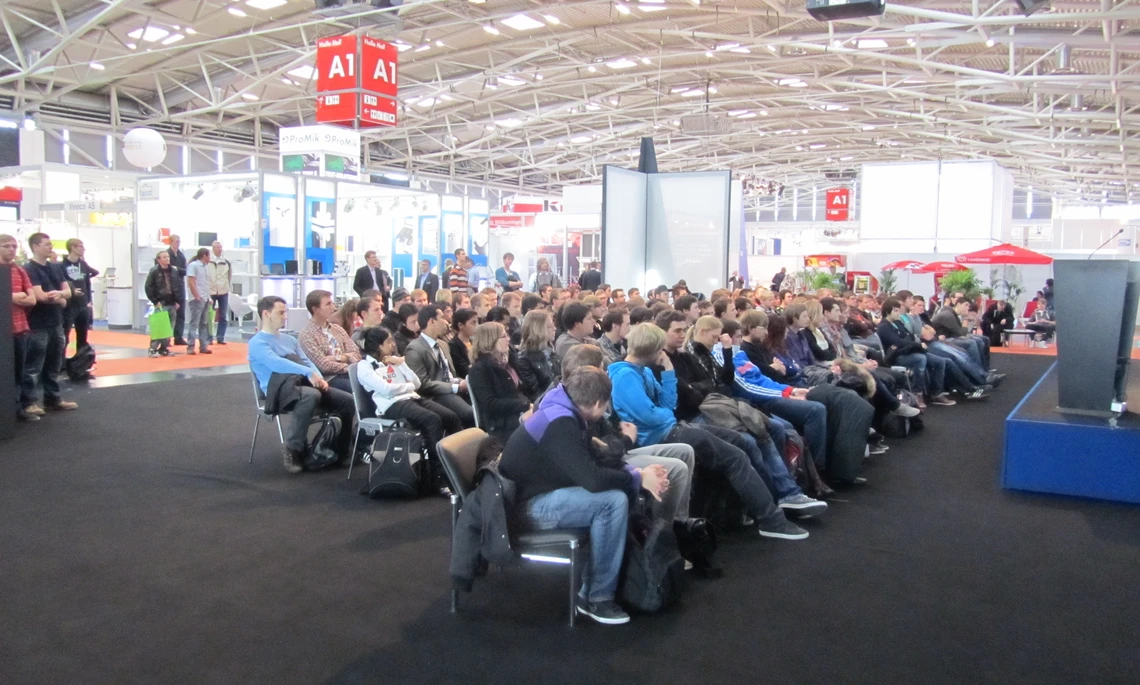
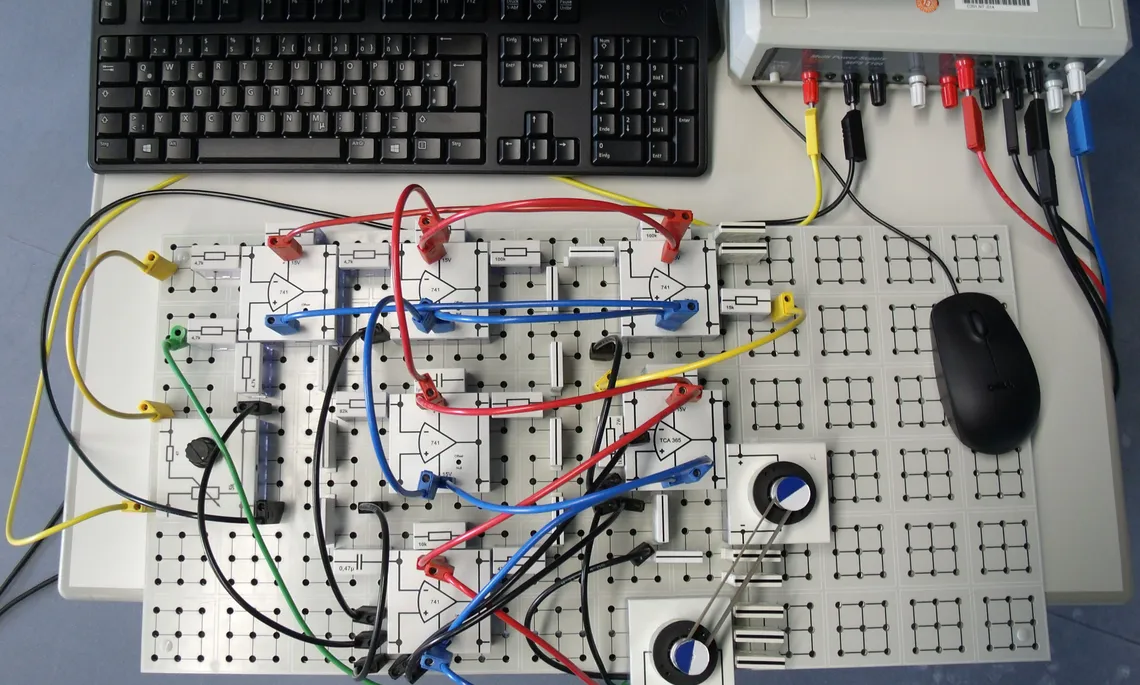
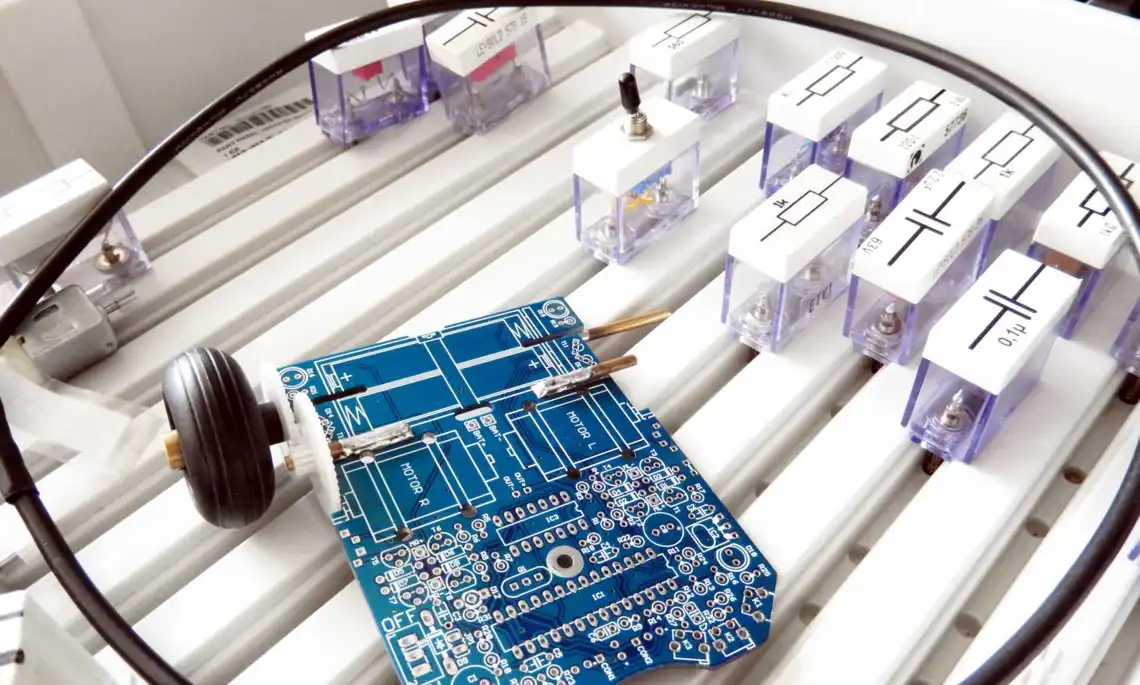
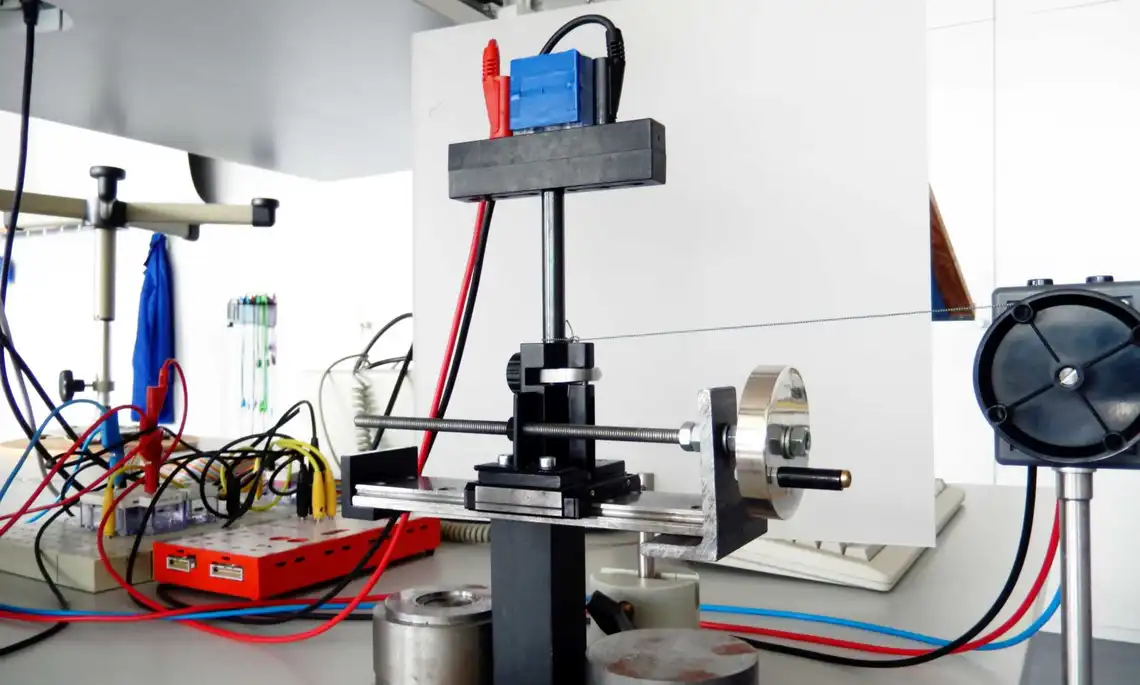


![[Translate to English:] Logo Akkreditierungsrat: Systemakkreditiert](/fileadmin/_processed_/2/8/csm_AR-Siegel_Systemakkreditierung_bc4ea3377d.webp)








![[Translate to English:] Logo IHK Ausbildungsbetrieb 2023](/fileadmin/_processed_/6/0/csm_IHK_Ausbildungsbetrieb_digital_2023_6850f47537.webp)


